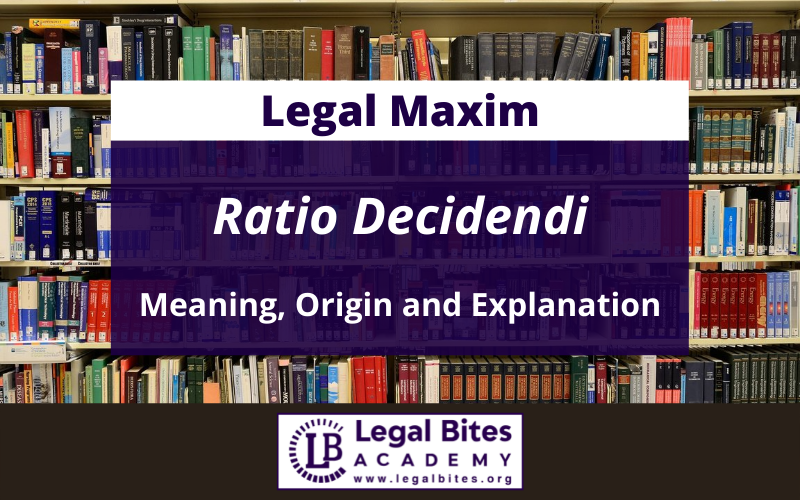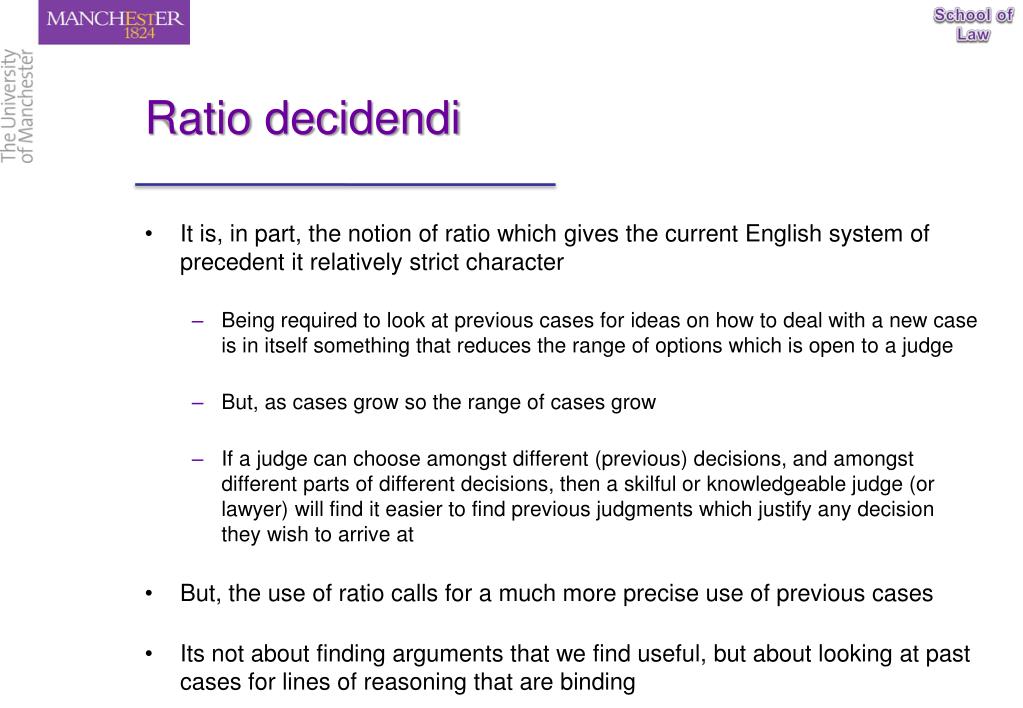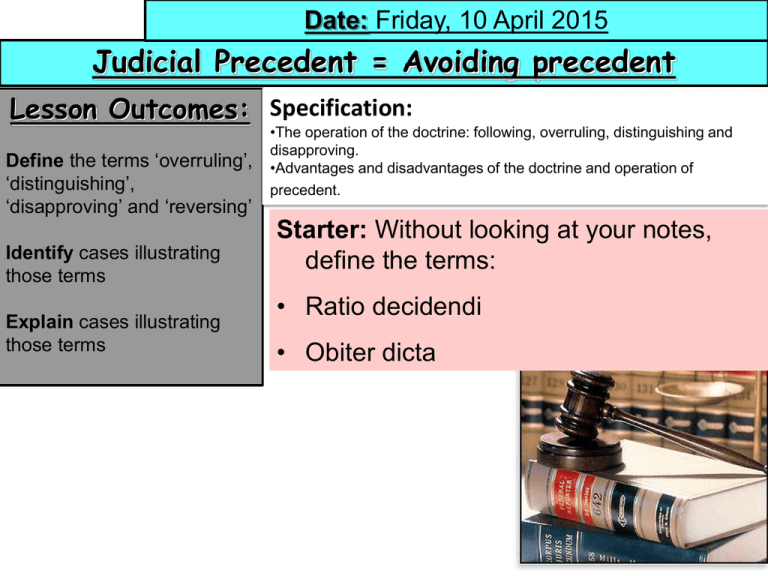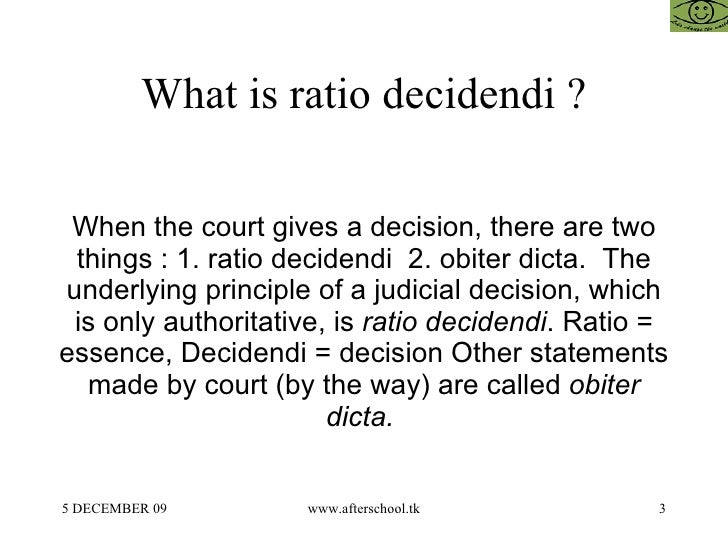Sensational Info About How To Write A Ratio Decidendi
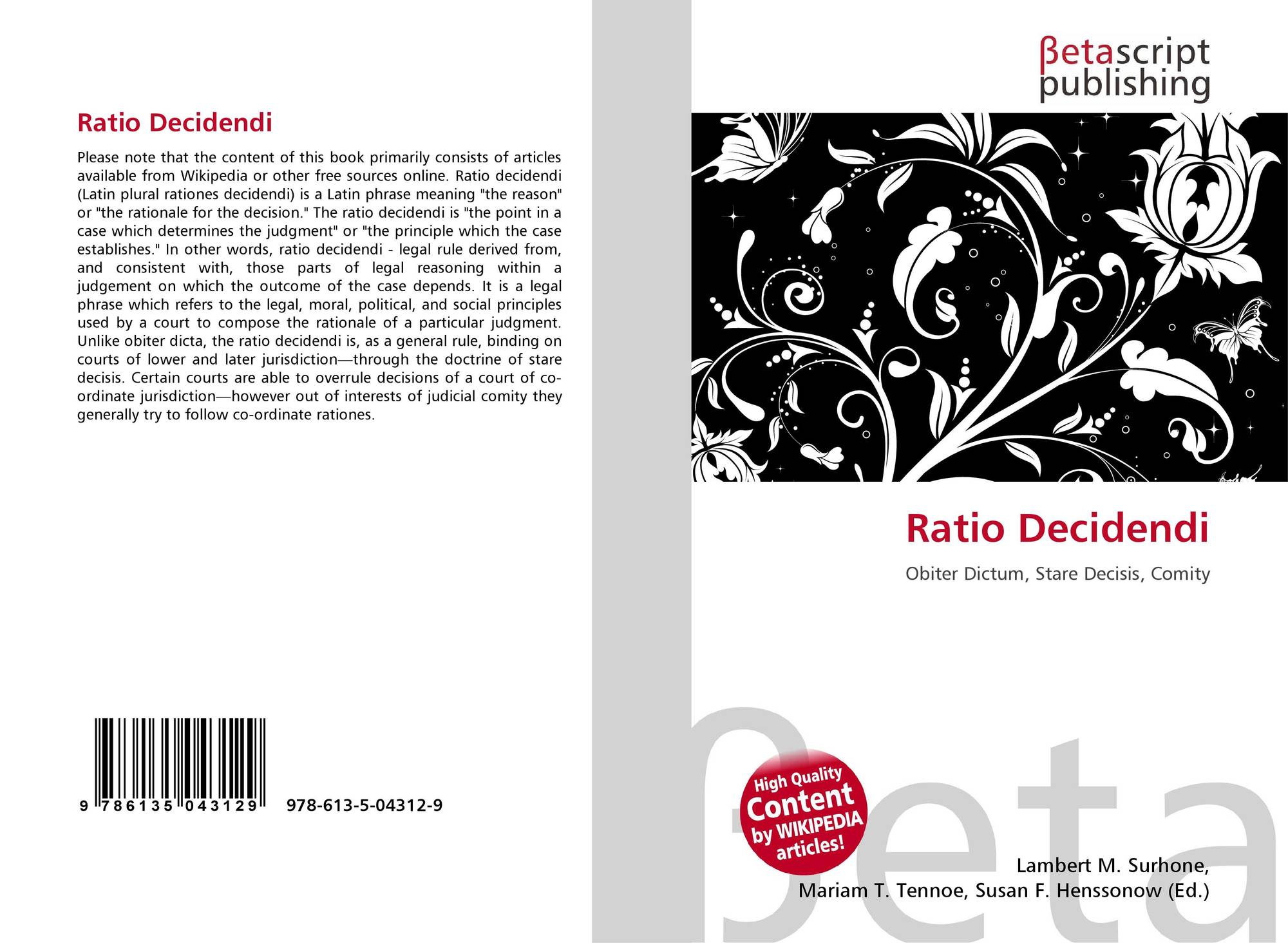
Learn the common law skill of distinguishing the ratio decidendi from the obiter dicta in a case, which is the part of the judgment that binds later courts and the.
How to write a ratio decidendi. Glossary ratio decidendi literally the rationale for the decision. The doctrine of precedent and article 141 of the indian constitution ratio decidendi descriptive ratio prescriptive ratio obiter dicta conclusion references. The firoda method the firoda method is an excellent way of structuring your case notes so that you summarise and remember all the key elements.
This chapter discusses the following: Ratio decidendi, which is latin for reason for the decision, is the legal reasoning used by a court when ruling on a case. Ratio decidendi is the reason for the decision and is binding on future courts whereas obiter dictum is the things said by the way by the judges.
A wide ratio decidendi such as the ‘neighbour principle’ is often. In general, a judicial decision is a composition of three parts, namely, ratio decidendi, res judicata, and obiter dicta. The ratio decidendi establishes a precedent, which is the legal principle (law) used by the judge or judges in deciding the legal problem raised by the facts of the case.
A ratio is comprised of the legal points made by. Ratio decidendi statements taken from individual cases are often very specific and tied to a limited set of facts. The ratio of the case has to be deduced from its facts, the reasons the court gave for reaching its decision, and the decision itself.
The development of case law and why cases may be distinguished as well as applied on the material facts; Ratio decidendi is the reason behind the. Learn the meaning and difference between ratio decidendi and obiter dicta, two judicial terms for judicial statements in a legal case.
Ratio decidendi refers to the legal reasoning or principle upon which a court’s decision is based and which forms the binding precedent for future cases. Ratio decidendi is the legal principle or rationale underlying a court's decision, forming binding precedent for future cases. It is not the actual.
The term may be taken generally to mean ‘any rule of law expressedly or impliedly treated by the judge as a necessary step in reaching his conclusion’; The ratio identifies what is important about a case from a legal. Ratio decidendi ( latin plural rationes decidendi) is a latin phrase meaning the reason or the rationale for the decision.
Ratio decidendi is another latin phrase that means the reason for the decision. it refers to the legal principle or rule that is used by a court to reach its decision. It's the core of judicial rulings. The ratio decidendi in this case can be summarised as that in a case concerning racially or religiously aggravated offences, to determine whether the words.
Determining a ratio decidendi involves dissecting a court's judgment to identify the legal principle. Ratio decidendi is a legal phrase that translates from latin to mean “the reason,” or the motivation behind a legal decision. Ratio decidendi is based on legal.
Ratio decidendi is latin for ‘the reason for deciding.’ this ‘reason’ is not 1) the facts of the case, 2) the law that the case applies, or 3), the orders. The essential elements of a judgment which create binding precedent, and must therefore be followed by inferior.

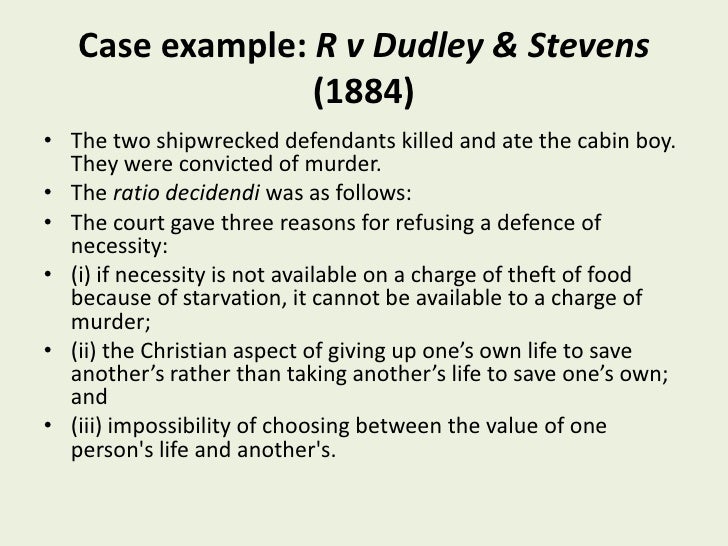
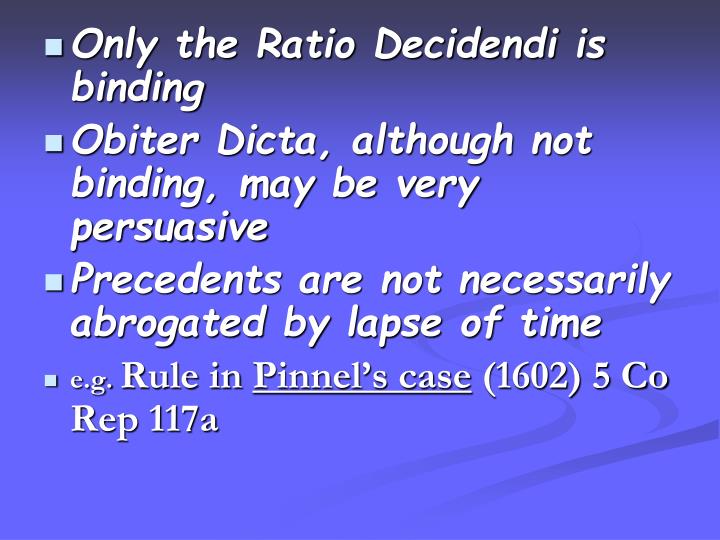
-Step-4-Version-2.jpg)



-Step-13.jpg)

